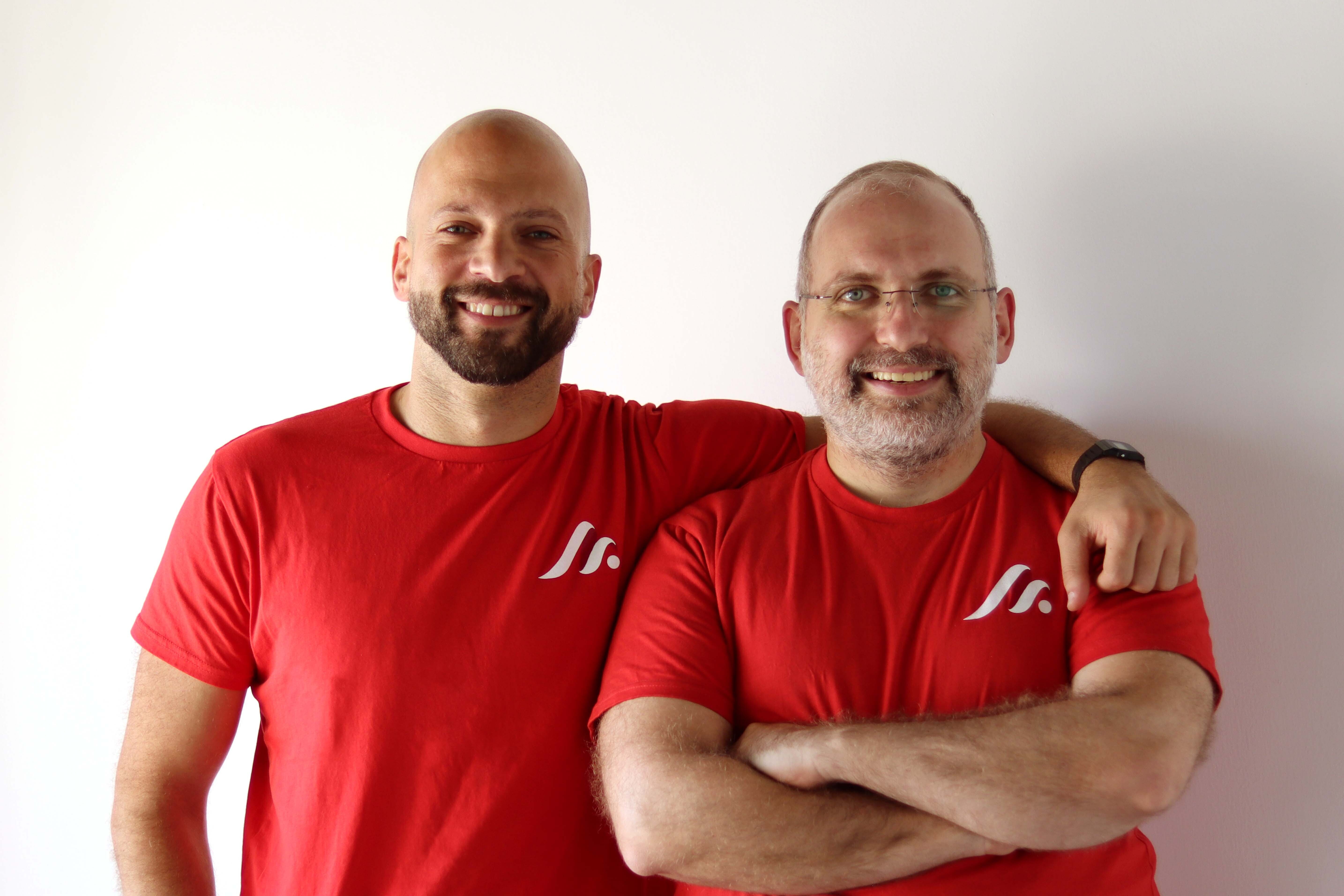Jordanian entrepreneurs Fouad Jeryes and Sinan Taifour, co-founders of Maqsam, are transforming customer communication across the Arab world through a pioneering Arabic AI-powered platform.
Their journey began with CashBasha, an e-commerce platform designed to address shipping obstacles for MENA consumers. While building that business, the founders repeatedly encountered communication roadblocks that existing tools failed to resolve.
“We built Maqsam out of necessity,” explained Jeryes, Maqsam’s President. “While solving e-commerce challenges with CashBasha, we couldn’t find a business communications platform that truly understood our region, so we built one ourselves.”
The result was Maqsam, a platform that provides localised voice, WhatsApp, and CRM-integrated communications tailored to the MENA market. What truly sets it apart are its advanced Arabic AI capabilities, including real-time call transcription, analytics, and its flagship AI agent, an intelligent Arabic-speaking virtual assistant that enables companies to scale customer service without compromising on quality.
“AI doesn’t just impact our business; it is our business,” said Taifour, the company’s CEO. “Our mission goes beyond using AI tools. We created an in-house LLM, trained on millions of real conversations, to master Arabic in all its dialects and deliver truly intelligent interactions.”
The founders envision a future in which even small businesses can leverage Maqsam’s tools to offer enterprise-grade customer experiences.
“We see a future where a single entrepreneur, using Maqsam, can offer the same customer experience as a call center of 50,” said Jeryes. “We’re not just building software for the region. We’re proving that tech from the Arab world can outperform global giants, especially when it comes to solving problems that matter here.”
However, scaling a startup across the Arab world remains complex. Fouad and Sinan highlight regulatory fragmentation and investment gaps as key barriers to growth.
“The complexity of regulations across MENA slows down digital growth,” notes Taifour. “Removing those roadblocks will unleash a new wave of homegrown innovation.”
“Entrepreneurs need stable, transparent environments where innovation is encouraged,” adds Jeryes. “Startups require a nurturing business environment to thrive; this includes clear access to funding and favorable financial incentives like tax breaks and subsidies.”
They also stress the importance of policymaker support for scaling startups, not just those at the ideation stage.
“Dedicated support units for scaling startups like Maqsam can make a meaningful difference in encouraging long-term growth and steady job creation,” the founders stated. “We see this as a win-win approach!”
Maqsam integrates sustainability into its operations, promoting remote work to reduce carbon emissions, establishing recycling programs, and supporting employee-led community initiatives. Its AI tools further help clients boost operational efficiency by automating routine tasks and enabling their teams to focus on higher-value work.
Fouad Jeryes and Sinan Taifour's story will be featured in the forthcoming GEM Global Report.

